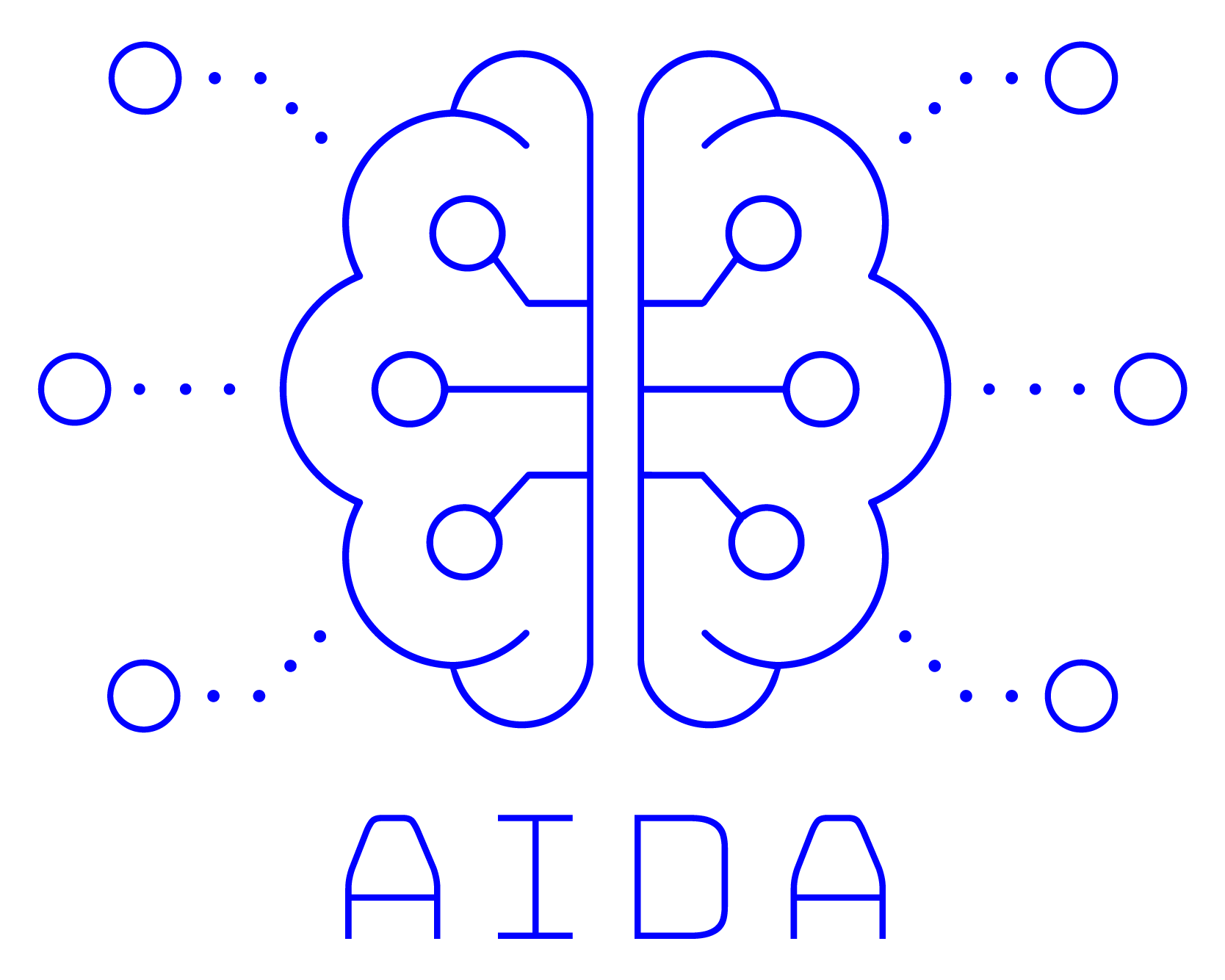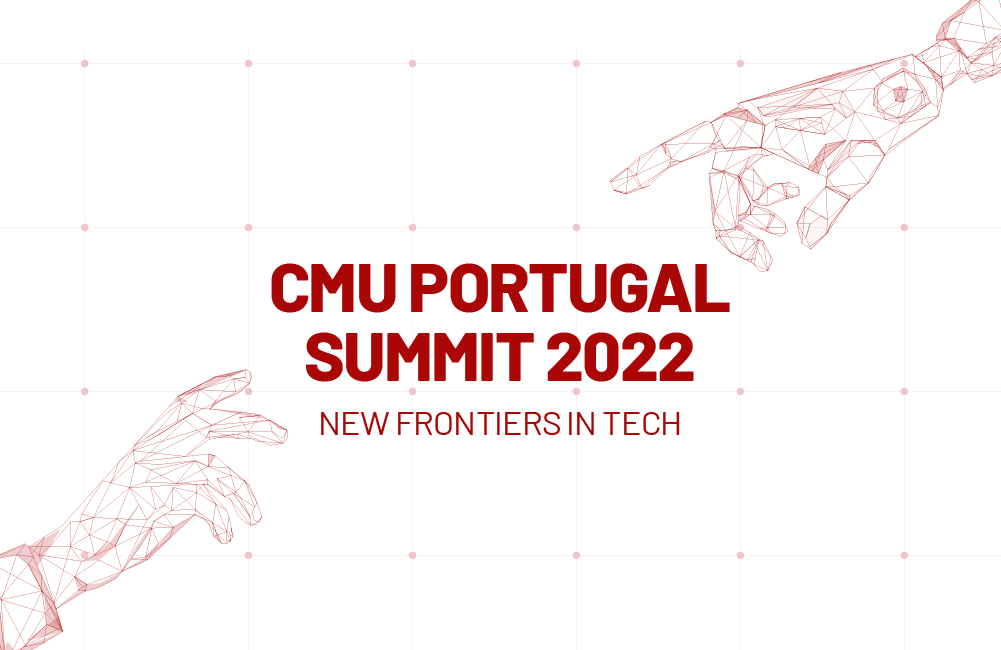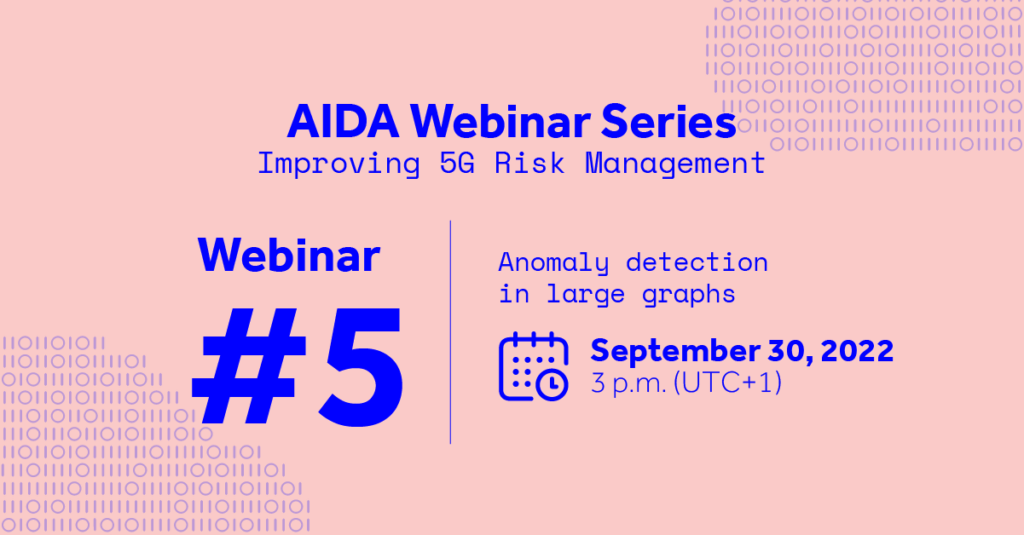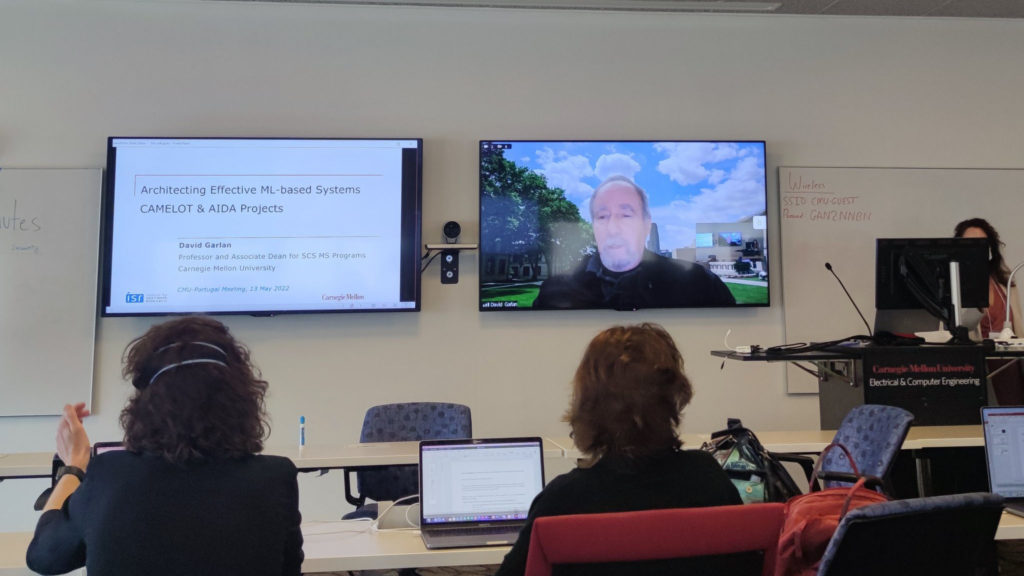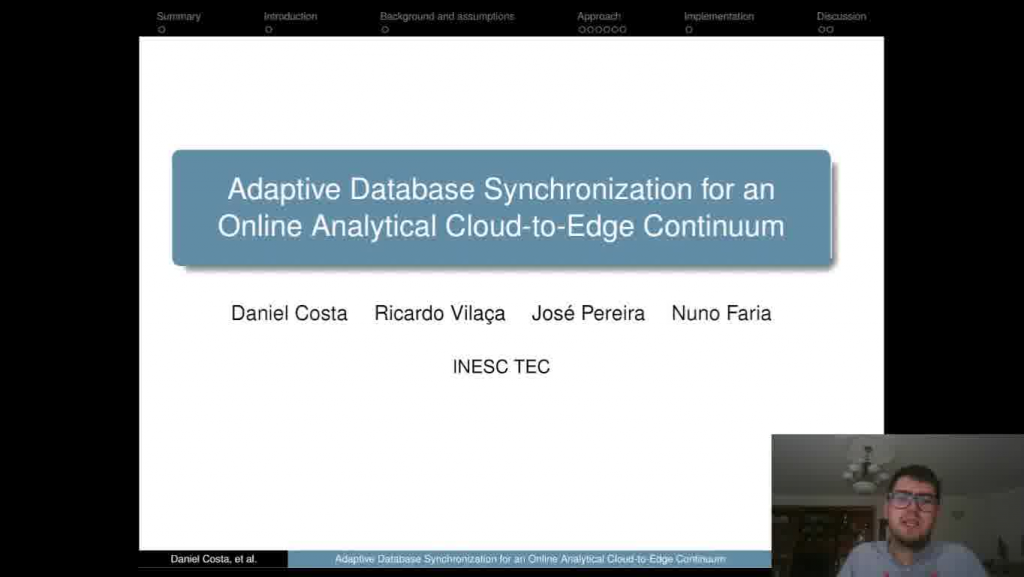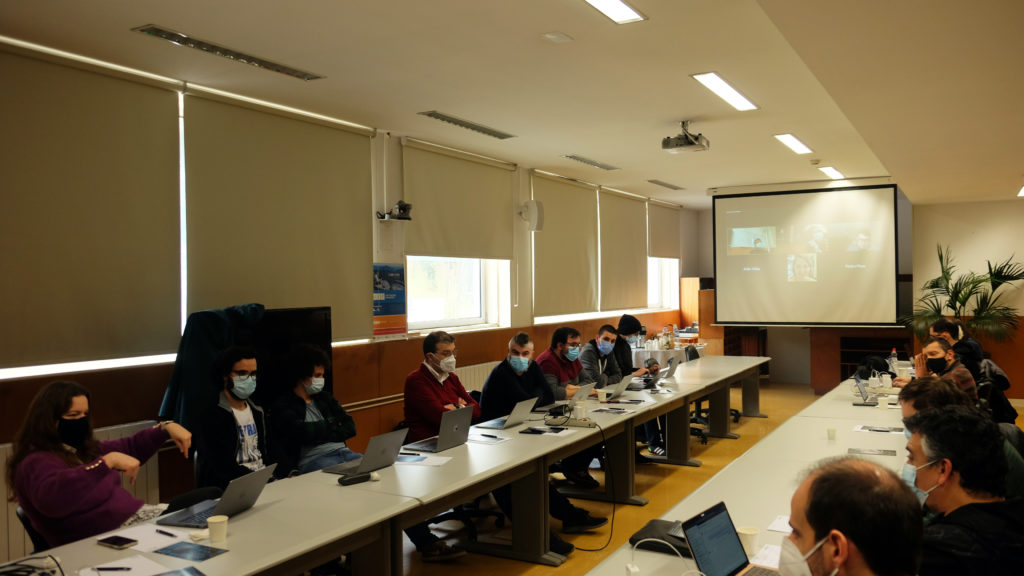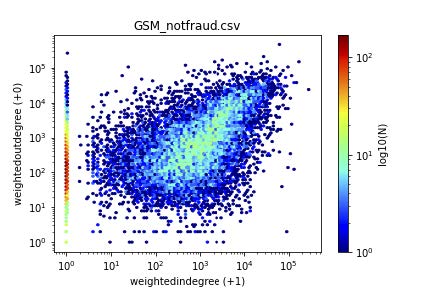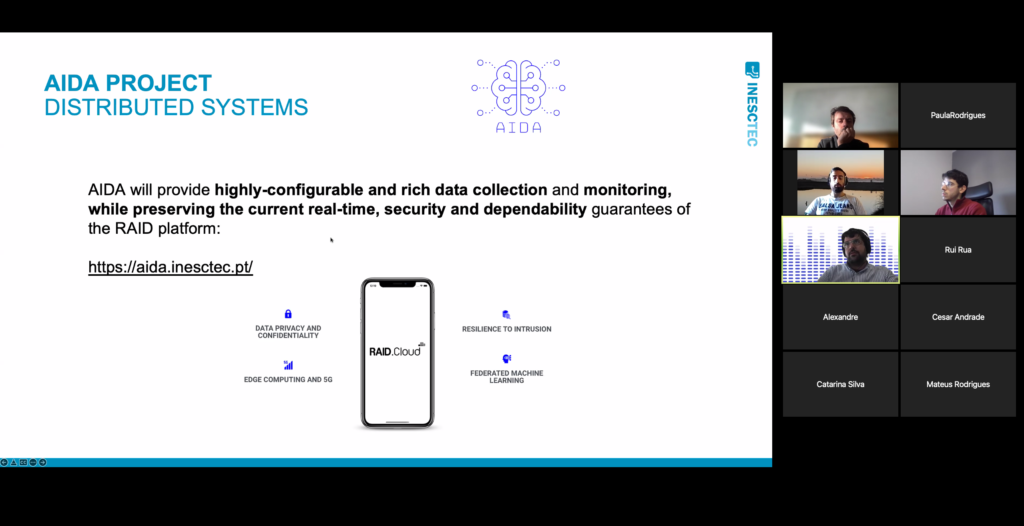Protecting the Security and Privacy of AIDA and its Data Adapting the RAID platform comes with many security and privacy issues that need to be addressed. These issues appear mainly due to the transition to an edge architecture, which imposes the use of computation resources at the edges of the network, but also due to the need of supporting multiple tenants and network slicing with 5G technology. As mobile phones connect and disconnect, the network is always changing, requiring adaptation and monitorization tools to be used to maximize resources. And since the complexity of the system increases, attackers have more […]
Read More
CMU Portugal Summit 2022 CMU Portugal Summit 2022 – New frontiers in Tech will bring together experts from Portuguese universities, Carnegie Mellon University, and companies to present research progress in areas as diverse as Health, Cybersecurity, Forests, Artificial Intelligence, Language Technologies, Machine Learning, among others. Participants can join the discussion and explore the New Frontiers in Tech: improving machine learning and applications in healthcare; AI for extracting value from data; Understanding conversions to improve productivity; From the edge to the cloud; and others. The conference will take place on November 9 and 10, 2022, in Lisbon. More […]
Read More
AIDA Webinar Series: Improving 5G Risk Management The AIDA project and the CMU Portugal Program are promoting a series of webinars on the improvement of 5G risk management. With this initiative, the project expects to launch a discussion that will contribute to highlight different topics and challenges related to this area. Starting in December 2021, this initiative will occur every two months between December 2021 and September 2022, gathering leading experts from academia to industry involved with the project. Each webinar will be hosted by two AIDA partners who will present and discuss their ideas on a specific topic. […]
Read More
Fraud detection, micro-clusters and scatterplots Acknowledgements The results and analysis presented here were done with contributions from Mirela Cazzolato (USP, and CMU), Saranya Vijayakumar (CMU), Xinyi (Carol) Zheng (CMU), Meng-Chieh (Jeremy) Lee (CMU), Namyong Park (CMU), Pedro Fidalgo (Mobileum), Bruno Lages (Mobileum), and Agma Traina (USP). Reminders – Problem definition and past insights As we mentioned in the February 2022 blog post, the problem we are focusing on is to spot fraudulent behavior in a who-calls-whom-and-when graph. We distinguished between the supervised case (where we are given a list of fraudulent subscribers (labeled data)), and the un-supervised one, where […]
Read More
AIDA Project presented at the Carnegie Mellon’s Commencement Ceremony On May 13th, the AIDA project was presented at the CMU Portugal Program workshop that preceded the Commencement Ceremony, in Pittsburgh. Our researcher David Garlan, from CMU, presented the project as an ongoing research work, and collaboration between Portugal and CMU. David Garlan also talked about architecting effective ML based systems in the AIDA project and CMU Portugal Project Camelot. This event was an opportunity for CMU researchers and PhD students to address their ongoing research work in collaboration between Portugal and CMU.
Read More
AIDA paper presents a mechanism that ensures better performance and reduces costs in IoT devices “Adaptive Database Synchronization for an Online Analytical Cloud-to-Edge Continuum” is the new paper of the AIDA project, which was presented this week at the ACM Dependable, Adaptive, and Secure Distributed Systems (DADS 2022). Internet of Things devices are generally underpowered, but they exist in large volumes and are located very close to where the data is captured. The use of these devices is increasingly common in the industry, agriculture, running cities, and even at homes. Because of their limitations, the data is traditionally transferred periodically to […]
Read More
Federated Machine Learning Federated Learning (FL) is a collaboratively decentralized privacy-preserving technology to overcome the challenges of data storage and data sensibility [1]. The last few years have been strongly marked by artificial intelligence, machine learning, smart devices, and deep learning. As a result, two challenges arose in data science, impacting how data can be accessed and used. First, with the creation of the General Data Protection Regulation (GDPR) [2], the data became protected by the regulation. Institutions cannot store or share data without users’ authorization. Another challenge is that in the era of big data, a large volume of […]
Read More
Consortium meeting gathers all partners On March 17, 2022, the AIDA consortium met in Braga (Portugal) to plan the last months of the project. The discussion focused on the use cases needed for pilot proposes and which frameworks can be used to execute the pilot correctly. Additionally, the partners discussed the tests required to achieve a good quality assurance metric. In this sense, collaboration between all partners is crucial in determining the success of project outcomes.
Read More
Finding Anomalies in Large Scale Graphs Problem definition Given a large, who-calls-whom graph, how can we nd anomalies and fraud? How can we explain the results of our algorithms? This is exactly the focus of this project. We distinguish two settings: static graphs (no timestamps), and time-evolving graphs (with timestamps for each phone). We further subdivide into two sub-cases each: supervised, and unsupervised. In the supervised case, we have the labels for some of the nodes (‘fraud’/’honest’), while in the unsupervised one, we have no labels at all. Major lessons For the supervised case, the natural assumption is that […]
Read More
AIDA project presented to MAP-i’s students Last week, close to 20 students from the MAP Doctoral Program in Computer Science (MAP-i) had the opportunity to get to know the AIDA project, focusing on cloud edge continuum. The MAP-i students – part of one of the PhD programs that is closely related to the research carried out within the scope of the project – also visited INESC TEC’s High-Assurance Software Laboratory, while learning how the AIDA project is a good example of the work done in the cloud edge continuum field, and as a model of international collaboration between industry and […]
Read More
